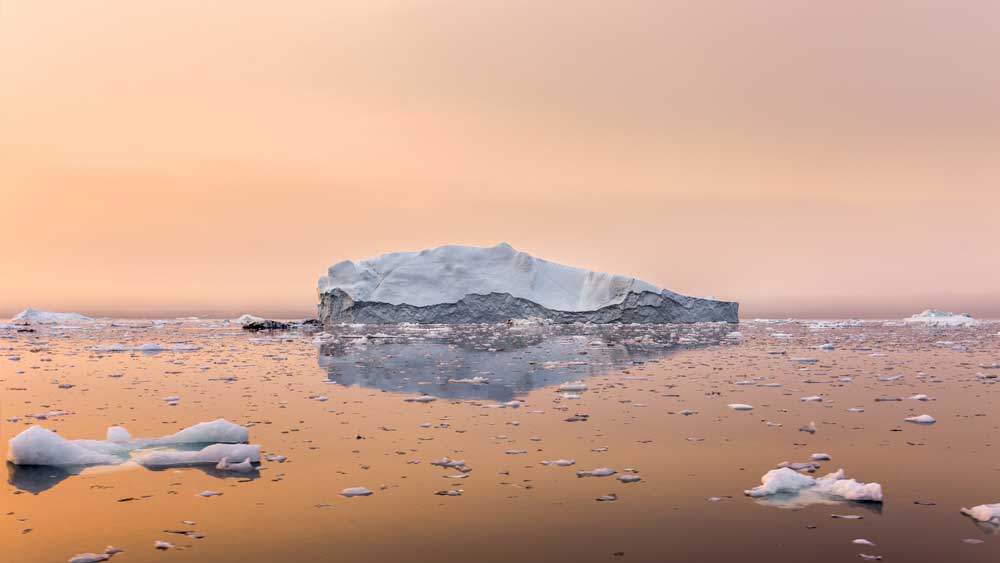..............................................................................................................................................
BY
BRIAN THOMAS, PH.D.
Climate change conversations squeeze their
way into so many different topics, yet climate research is rife with confusion.
Even expert opinions vary to extremes.
In contrast, Genesis makes confident
statements about earth’s climate.
The 2009 climategate fiasco illustrates the
confusion inside climate research.
Extracted emails exposed how certain climate
researchers suppressed scientists who disagreed with them.
The old sign said that human activity warms
the world enough to melt glaciers.
It said, “Computer
models indicate the glaciers will all be gone by the year 2020.”
But the glaciers remain — so the park
officials changed the sign.
In contrast, the Word of God stands forever.
For example, Genesis lists three big famines
that fit Ice Age climate shifts.
Noah’s Flood warmed oceans and powered
volcanos that caused earth’s Ice Age.
Centuries later, oceans cooled, volcanos
calmed, and ice sheets melted.
As the Ice Age faded, the Middle East
transitioned from wetlands to deserts.
Abram travelled across today’s Iraq to Egypt
across a “well watered” land that stands dry today.
Crops won’t grow without rain.
Back then, melting ice sheets exposed new
land far north of Egypt. Farming could continue up there.
Ancient Egyptians relied more on the Nile
when rains failed to fall on their fields.
Scripture records the
next major drought during Isaac’s time, saying, “There was a famine in the
land, besides the first famine that was in the days of Abraham.”
Later, the Lord used Joseph as king in Egypt
to save many people through a third drought recorded in Genesis.
That extreme warming had nothing to do with
industrial pollution.
Scripture’s history and clues on the ground
together show that today’s dry Middle East had a wet past.
While Christians should lead in protecting
God’s creation, no Bible believer should buy into climate alarmism.
This idea says that human activity can
destroy the planet.
What about God’s promise to Noah?
He said, “While
the earth remains, seedtime and harvest, cold and heat, winter and summer, and
day and night shall not cease.”
The Creator doesn’t make junk. He made
earth’s atmosphere strong enough to sustain the people He loves — even when
some of those people fail to take care of His creation.
Mankind makes mistakes. Our faults bleed into
science, signs, and society.
In contrast, three droughts and a Genesis
promise show the certainty of our great Creator’s Words.
*Dr.
Thomas is Research Associate at the Institute for Creation Research and earned
his Ph.D. in paleobiochemistry from the University of Liverpool.

No comments:
Post a Comment